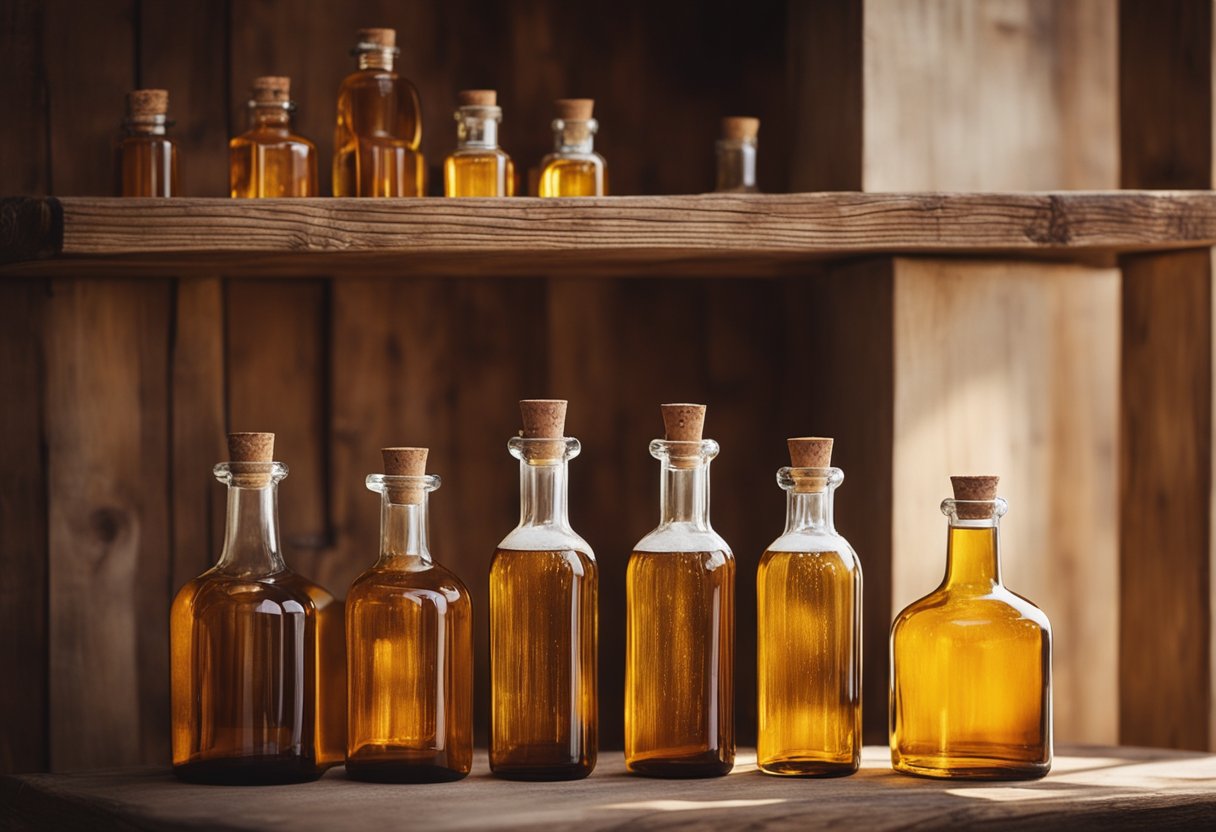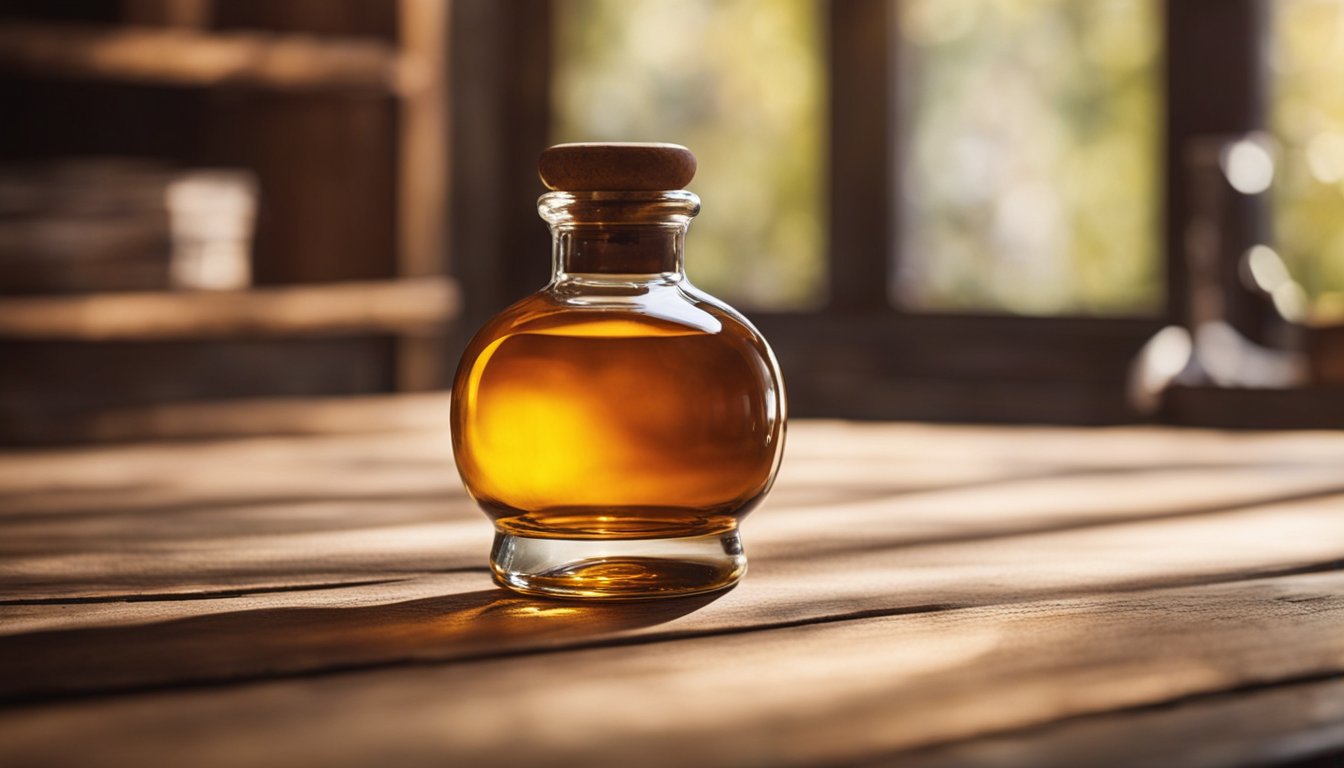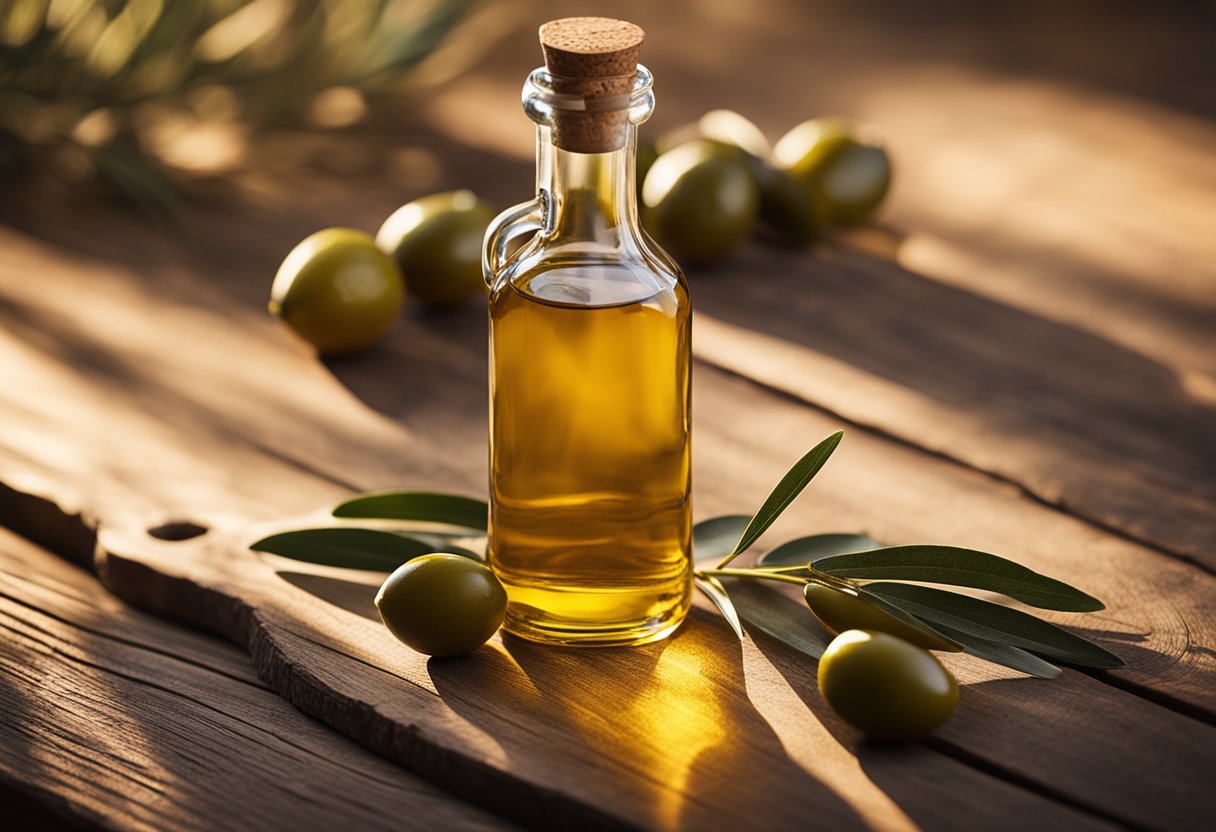When it comes to ketchup bottles, companies are often faced with the dilemma of choosing between glass and plastic containers. Both materials have their merits, but in recent years, there has been a growing debate about which one is more durable.
In this blog post, we will delve into the durability factor of glass ketchup bottles versus plastic bottles and explore the reasons behind their differences. Join us as we analyze their impact on the environment, safety considerations, shelf life, and recyclability.
The Strength of Glass Ketchup Bottles:
Glass is a more durable material than plastic, and it’s not just because of its hard shell. Glass ketchup bottles are made from high-quality glass in CUICAN, which is lead-free and it is harmless to the human body. It can withstand high temperatures without melting or breaking down over time as other materials would.
- Superior Strength: Protecting the Contents
Glass ketchup bottles have a distinct advantage over their plastic counterparts in terms of strength and sturdiness. The robust nature of glass makes it less prone to cracks and leaks, ensuring the contents are protected and preserved for longer periods. This strength is especially crucial for ketchup, a condiment that can be sticky and challenging to clean if spilled.
- Heat and UV Resistance
Another notable feature of glass ketchup bottles is their excellent resistance to heat and harmful ultraviolet (UV) rays. The integrity of the ketchup is maintained even when exposed to direct sunlight, preventing degradation and loss of quality.
This property also helps in extending the shelf life of the product, reducing food waste, and ultimately benefiting both consumers and manufacturers.
Plastic Bottles – The Durable Contender?
As one of the competitors of glass bottles, plastic is popular for reasons such as cheapness. But for many businesses that pursue health and environmental protection, it has some shortcomings that cannot be ignored.
- Lightweight and Shatterproof
Plastic ketchup bottles have gained popularity due to their lightweight and shatterproof properties. This makes them more convenient for transportation, reducing the risk of breakage during handling and shipping.
However, while they are less likely to shatter, plastic bottles are not entirely resistant to wear and tear, especially with frequent usage.
- Environmental Concerns
One of the primary concerns with plastic ketchup bottles is their impact on the environment. Plastics take hundreds of years to decompose, leading to the accumulation of plastic waste in landfills and oceans.
This raises questions about the sustainability of using plastic containers, and consumers are becoming increasingly conscious of their choices, favoring eco-friendly alternatives like glass.
Safety Considerations: Glass vs. Plastic
Glass bottles are safer than plastic ones because they don’t leach chemicals into the food or drink they contain.
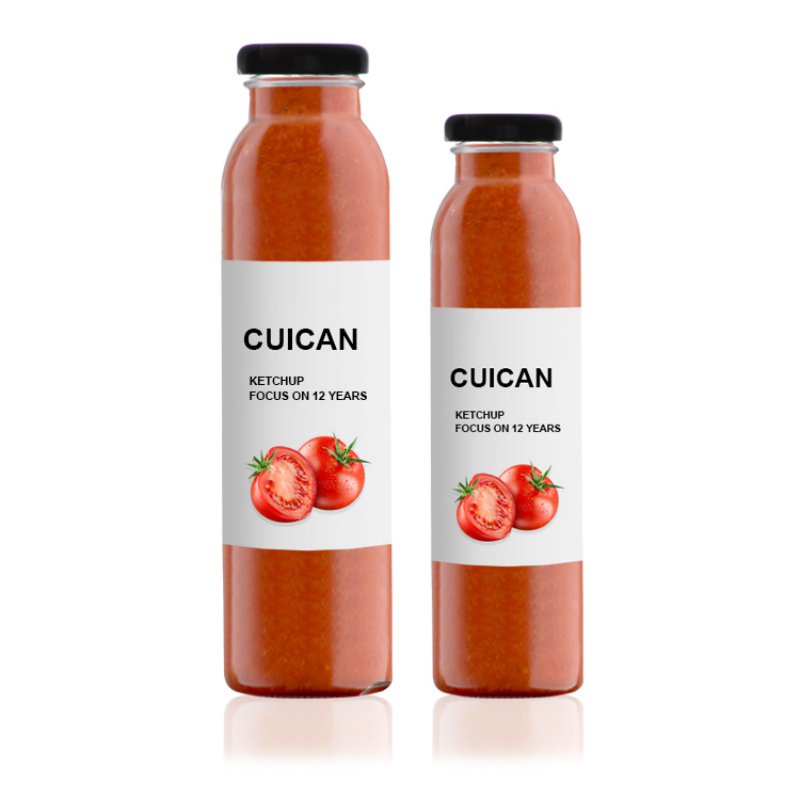
Chemical Interactions
Glass is an inert material, meaning it does not react with the ketchup or leach any chemicals into the content. On the other hand, certain types of plastic bottles can potentially interact with ketchup, leading to the transfer of harmful substances.
This is a significant concern, particularly when storing acidic condiments like ketchup that can exacerbate chemical reactions.
BPA and Phthalate Concerns
Plastic ketchup bottles often contain Bisphenol A (BPA) and phthalates, which are chemicals used in the production of plastic. These compounds have been linked to health issues and have raised health concerns among consumers. In contrast, glass ketchup bottles are free from such chemicals, providing a safer option for storing food.
Shelf Life and Freshness:
Consumer Reports notes that glass ketchup bottles last longer than plastic ones because they do not contain BPA or phthalates. These compounds can leach into food and beverages, which can accelerate spoilage. In contrast, the inert nature of glass means it does not interact with its contents and offers a safer option for storing food.
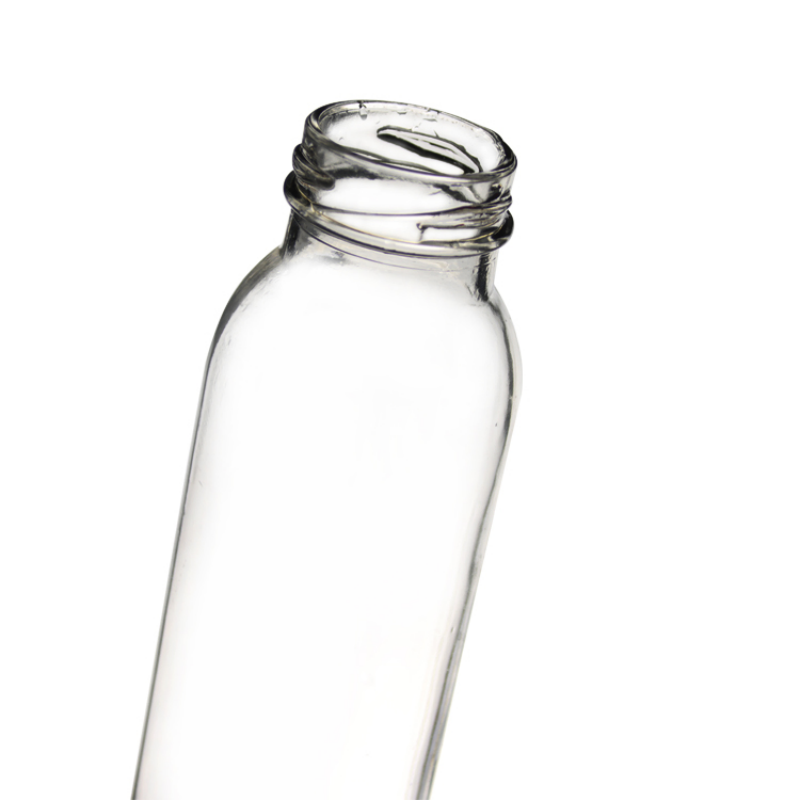
Preserving Flavor and Freshness
Glass ketchup bottles are superior when it comes to preserving the original flavor and freshness of the contents. The non-porous surface of the glass prevents the absorption of odors and flavors from the surrounding environment, ensuring that the ketchup retains its intended taste until the last drop. This makes glass bottles an excellent choice for condiments that require optimal flavor retention.
Plastic’s Permeability Challenges
Plastic, unlike glass, is permeable to gases, which can lead to flavor contamination over time. The permeability allows outside air and odors to enter the bottle, altering the taste of the ketchup. Additionally, plastic containers may not provide an airtight seal, leading to potential spoilage or mold growth.
Recycling and Sustainability:
Glass is 100 percent recyclable, and it can be recycled over and over again without losing its strength or quality. Plastic, on the other hand, can only be recycled once before it loses its structural integrity.
With plastic bottles often ending up in landfills or oceans after use, this makes glass a more sustainable option for ketchup packaging.
The Eco-Friendly Choice: Glass
Glass ketchup bottles are highly recyclable and can be reused multiple times without losing their quality. Recycling glass helps reduce the demand for raw materials, conserving energy and lowering carbon emissions. Choosing glass bottles over plastic demonstrates a commitment to environmental sustainability and encourages a circular economy.
The Plastic Challenge
Plastic recycling, while possible, faces several challenges. Not all types of plastic are recyclable, and the recycling process itself can be energy-intensive. Moreover, the demand for recycled plastic is still relatively low compared to virgin plastic, hindering progress toward a greener future.
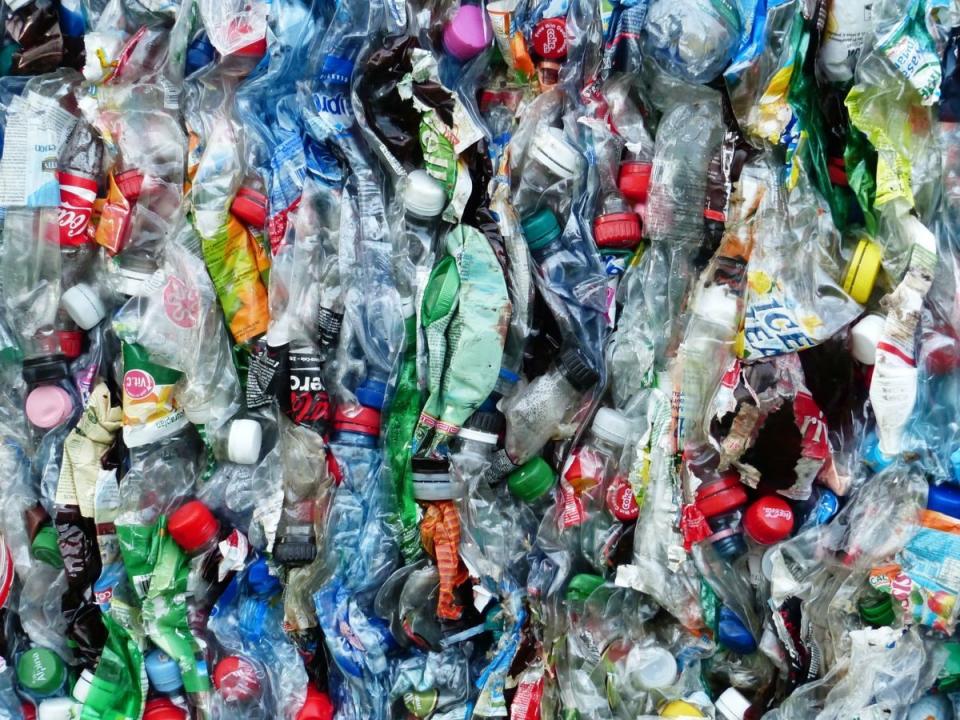
Final words:
In conclusion, the durability factor of glass ketchup bottles surpasses that of plastic bottles on various fronts. With superior strength, heat and UV resistance, and safety considerations, glass ketchup bottles prove to be a reliable choice for more and more people.
Additionally, the ability to preserve flavor, along with its recyclability, makes glass an eco-friendly option, aligning with the growing environmental consciousness among consumers. By choosing glass ketchup bottles, individuals contribute to a sustainable future, one condiment bottle at a time.








